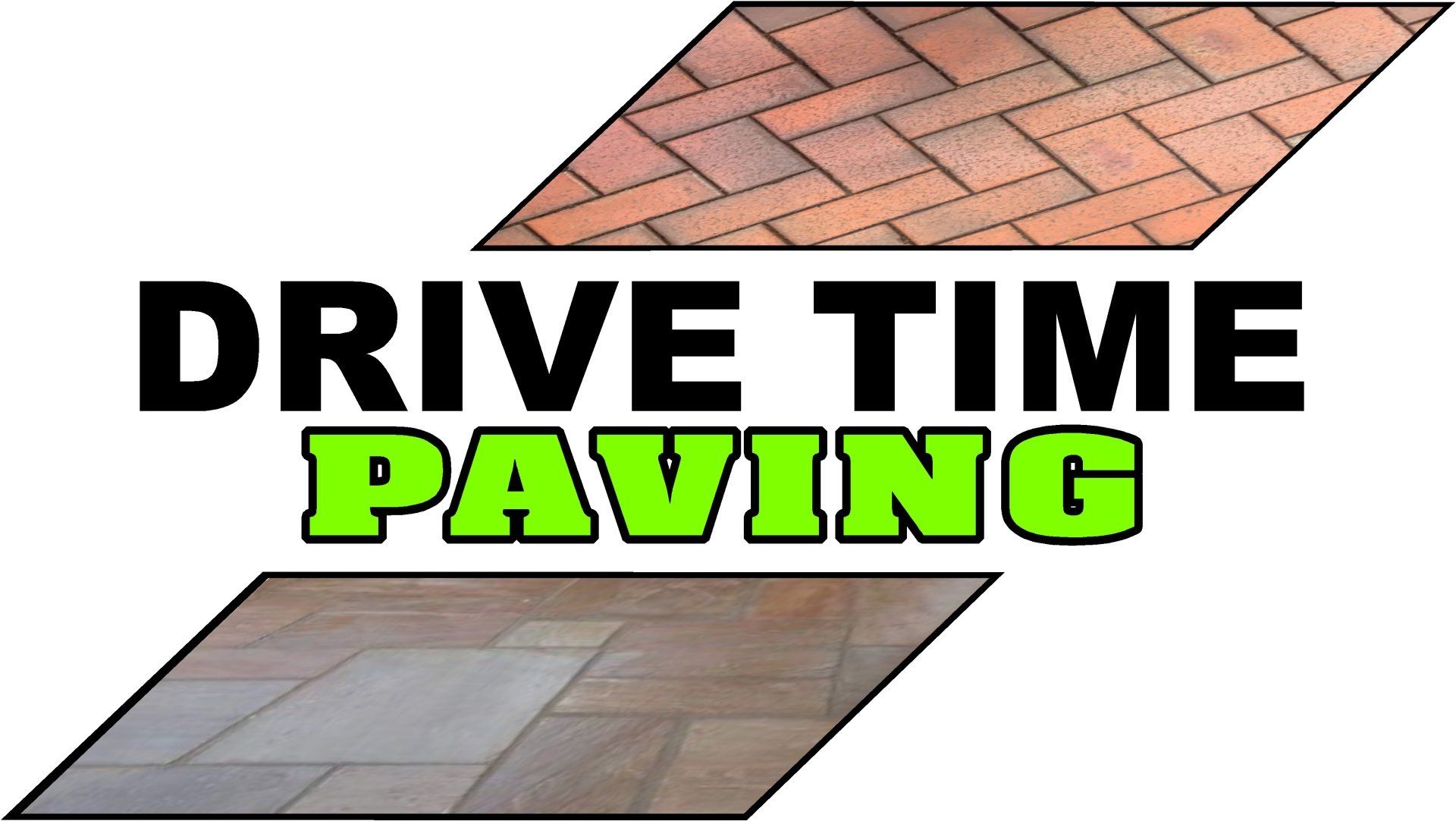How To Safely Clear Driveways Of Snow
Weather experts are predicting temperatures are set to plumet over the next few weeks, which could result in icy driveways. While it is tempting to de-ice the ground using salt or vinegar, this can cause damage to the surface. Here are some tips on how to prevent slippery surfaces without needing to repair your driveway in the long-run.
1) Shovelling
Many Brits are set to experience heavy snowfall, with the Met Office expecting snow blizzards, gale force winds and widespread ice to hit much of the country.
Meteorologist Richard Miles was quoted by The Sun as saying: “We are going into a period when temperatures will be dropping quite a bit.”
Therefore, many homeowners will have to grab their shovel and remove the snow themselves. However, it is wise to avoid creating big piles of snow at the end of your driveway as this can reduce visibility for drivers, causing danger to both road users and pedestrians.
2) Snow blowers
If you live in areas of the country that are prone to heavy snowfall during the winter months, it could be worth investing in a snow blower. These machines can redistribute huge quantities of snow in a short amount of time, meaning you can avoid long delays to your journey.
Good House Keeping recommends battery-operated snow blowers, as these are better for the environment and are quieter than traditional gas ones. They are still powerful, though, throwing snow up to 50 feet and clearing a width of 24 inches in some cases.
3) Using other products
Those who only have a small dusting of snow or a layer of ice on their driveway could simply use urea-based products that would not cause damage to the stone or concrete.
While salt and vinegar are corrosive and weaken the surfaces over time, solutions containing urea do not. Alternatively, you could swap salt for sand, which also has more grip – helpful for cars pulling out of their drives.
Need driveway sealing in Shrewsbury? Give us a call today.
